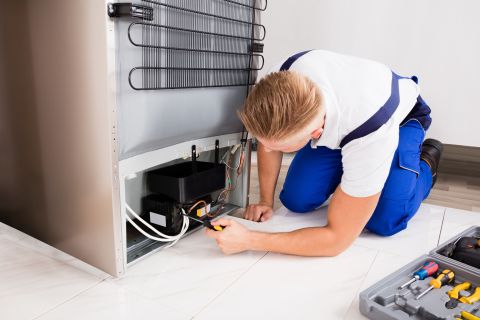Sustainable products soon the norm thanks to EU Parliament vote but online sellers off the hook
About this publication
Today, the European Parliament voted to make sustainable products the norm on the EU market, banning early obsolescence and destruction of unsold textiles and electronics. The Parliament adopted its position on the Ecodesign for Sustainable Products Regulation (ESPR). This ambitious position strengthens the Commission’s proposal but lacks strong measures to hold online marketplaces accountable.
The report introduces new measures to tackle premature obsolescence and to inform consumers about the durability and repairability of products. The wide-ranging text covers almost all consumer products, except food, feed, and medicines.
Monique Goyens, BEUC’s Director General, commented:
“Today’s vote is a game changer, making longer lasting and energy-efficient products the new normal. Consumer complaints from across Europe show that numerous products - from smartphones to washing machines - tend to break too fast and are too hard to fix. The Parliament has heard consumers by taking a strong stance against design tricks that break products earlier than one can reasonably expect. We applaud the MEPs’ move to finally outlaw the destruction of unsold textiles and electronics. Sending brand new clothes or coffee makers to the landfill just because their box has been opened once is complete nonsense.
“Regrettably, there is a major flaw in the adopted text. It waters down the European Commission’s efforts to boost marketplaces’ responsibility to comply with EU sustainability rules for the products they sell. This would open the door to non-compliant products reaching consumers. We call on negotiators from EU institutions and Member States to fix this loophole when finalising the law.”
Background
The Parliament position brings the following novelties:
- Measures on durability and repairability of products, making sure that manufacturers do not engage in practices that would limit the durability of products, making them prematurely obsolete.
- A ban on the destruction of unsold textile, footwear and electrical and electronic equipment.
- Stronger measures on market surveillance, including mandating physical and laboratory checks for products representing a high-risk of non-compliance.
- Increased coherence across sustainable product policy instruments, making it possible to combine the impact assessments for Ecodesign measures and EU Ecolabel and Green Public Procurement criteria.
Related publications
Blog post: Rules for sustainable products are one side of the coin. Enforcing them is the other.
Download:


